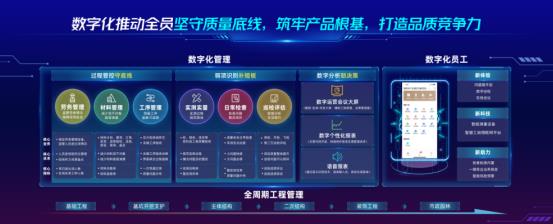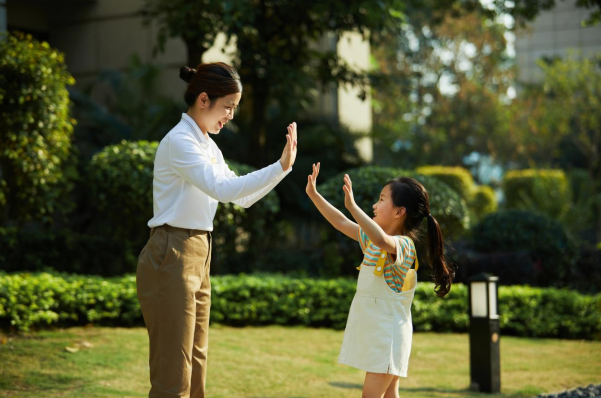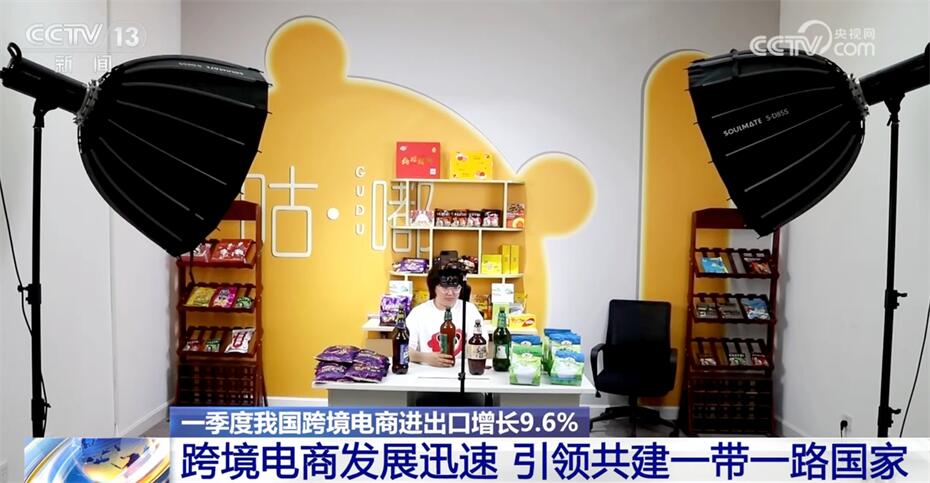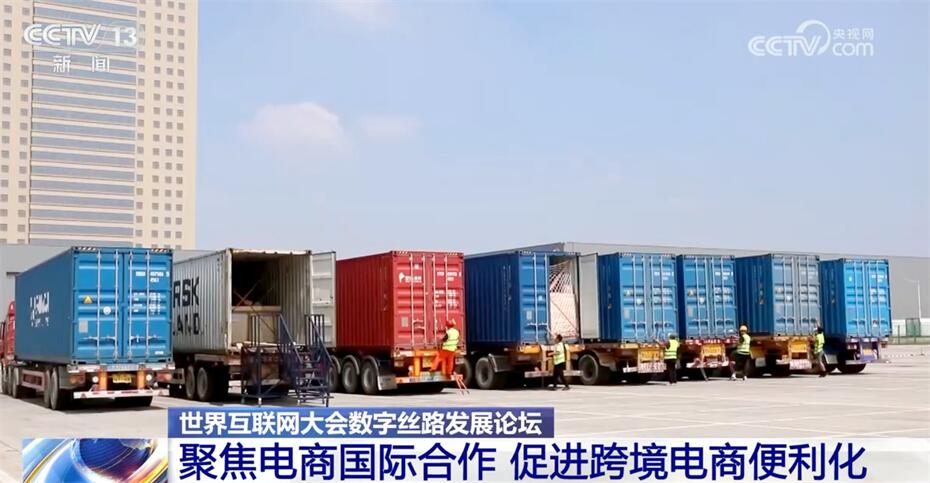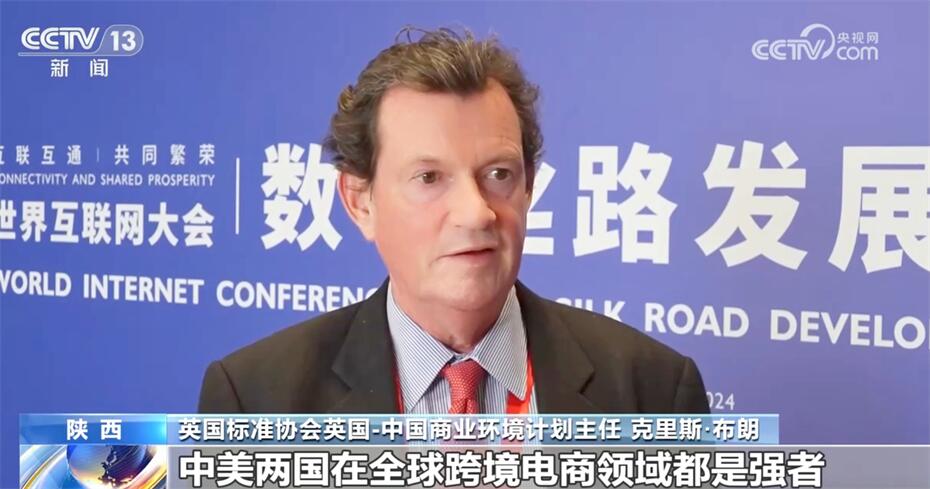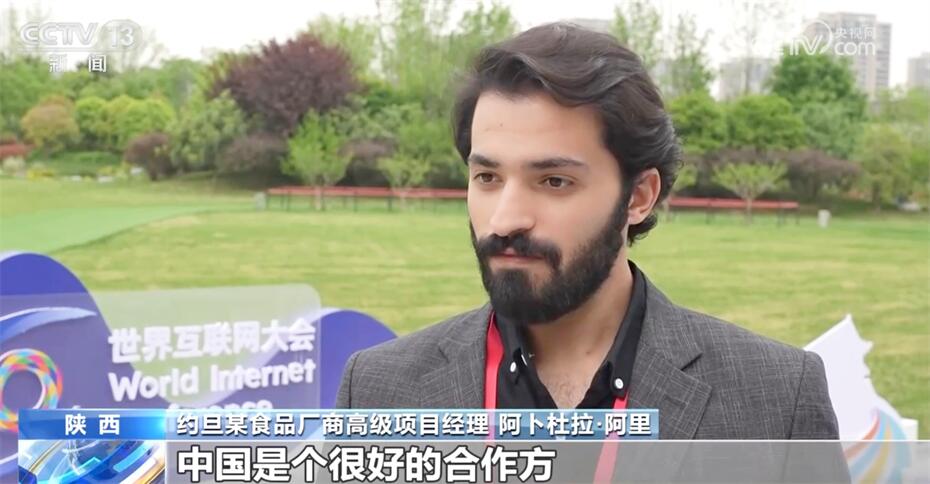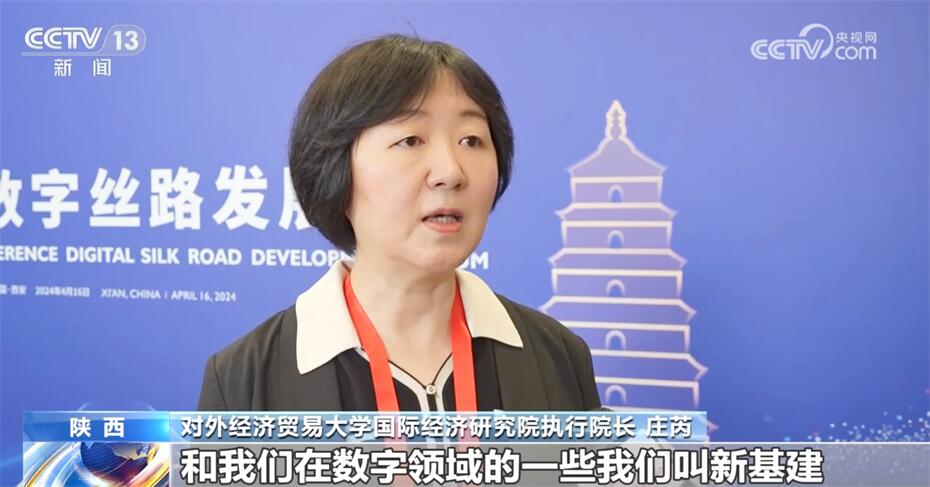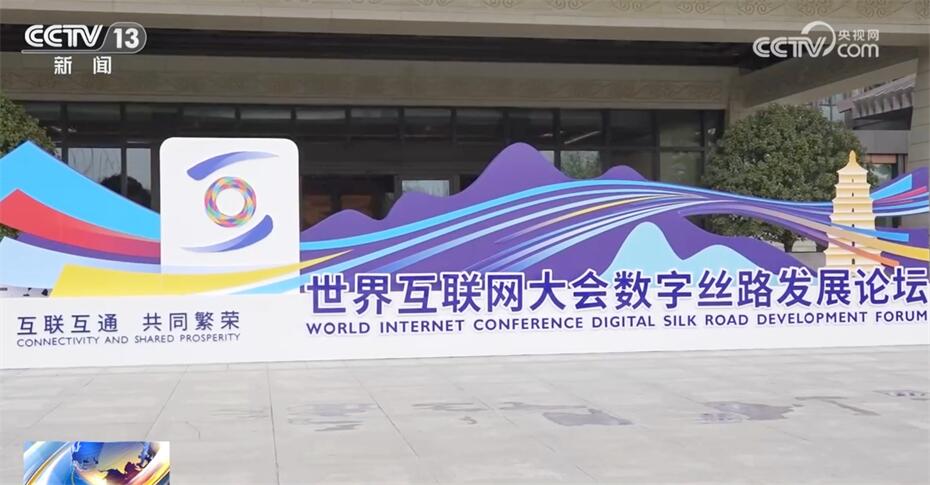
Xiaoliantuan

Fan xingming

Chen Yong

Ma Jie
(The above photos are provided by the respondents.)

Source: Ministry of Science and Technology, National Bureau of Statistics.
General Secretary of the Supreme Leader stressed at the symposium of scientists: "I hope that scientists and scientific and technological workers will shoulder the historical responsibility, persist in facing the world’s scientific and technological frontier, the main battlefield of the economy, the major needs of the country, and people’s lives and health, and constantly March into the breadth and depth of science and technology."
Since the 18th National Congress of the Communist Party of China, scientists and scientific and technological workers who are deeply patriotic and determined to serve the country have devoted themselves to tackling key scientific and technological problems and achieved a series of significant scientific and technological achievements. They play a vital role in the journey of striving to achieve high-level scientific and technological self-reliance. In 2023, 57 outstanding experts were invited by the CPC Central Committee and the State Council to participate in vacation activities. With rich experience and profound thinking, they collided with ideological sparks and aroused their enthusiasm for struggle. They embody the scientist spirit of patriotism, innovation, truth-seeking, dedication, cooperation and education. The reporter interviewed four of them and listened to their struggle story &hellip, which persisted in the "Four Orientations" and made unremitting progress in the breadth and depth of science and technology. …
— — Editor
Optional — —
"Do organized scientific research and useful scientific research"
A ruler, the minimum scale is usually 1 mm. If this short length is divided into 1 million parts, one of them is 1 nanometer. What kind of "ruler" is needed to achieve precise measurement on this order of magnitude that cannot be observed by the naked eye and unimaginable by intuition? It is one of the research focuses of Xiao Liantuan and his team to obtain information that is difficult to capture by classical methods through quantum precision measurement technology.
Xiao Liantuan is the vice president of Taiyuan University of Technology and the director of the Institute of Laser Spectroscopy of Shanxi University. In 2014, the "Quantum Effect Team of the Interaction between Light and Matter" was approved as the innovation team of the Ministry of Education. As the academic leader of the team, Xiao Liantuan gathered a group of scientific research talents with multiple professional backgrounds such as optics, atomic and molecular physics and condensed matter physics. At the beginning of the team’s establishment, the team made clear its goals, supported free exploration, and strived to serve the realistic needs of the country and society with scientific research results. In Xiao Liantuan’s words, it means "doing organized scientific research and useful scientific research".
Quantum precision measurement, though profound, is not far from our production and life. For example, the new quantum coherent spectrum detection technology invented by Xiao Liantuan’s team provides a strong technical foundation for single molecule optics, high-sensitivity detection of microwave electric field, single tube imaging and other applications. Taking the intracellular oxygen concentration sensing as an example, we can measure the intracellular oxygen concentration in submicron scale with high resolution and high sensitivity through single molecule quantum coherence technology, which provides an effective technical means for the future tumor diagnosis and treatment.
The more frontier areas, the less experience we can learn from. How can a scientific research team continue to maintain its innovative ability and constantly overcome difficulties? Xiao Liantuan believes: "We need to have the spirit of being the first and innovating independently, but also be good at rallying the strength of the team and gathering wisdom to tackle key problems."
In 2020, the team realized the prototype of Rydberg atomic microwave superheterodyne receiver for the first time in the world. The measurement sensitivity of microwave electric field strength was 1000 times better than the previous international best level, which greatly improved the sensitivity of microwave detection. "This achievement is hard-won." Qin Chengbing, who joined the team in 2013 and is now a professor at the Institute of Laser Spectroscopy of Shanxi University, said, "It took us more than two years to carry out theoretical demonstration. When carrying out precise measurement of highly sensitive microwave electric field, we have to overcome various limitations of experimental environment and experimental tools."
The first is the interference problem. Nowadays, communication technology is developed, and microwave signals can be seen everywhere. It is very important to find an experimental place that can avoid interference to confirm the precision measurement. Therefore, the team built a microwave darkroom to ensure that the signals generated by non-experiments were blocked outside. In terms of experimental tools, just like mercury is to thermometers, narrow linewidth ultra-stable lasers are important equipment for precise measurement of microwave electric fields. However, due to the team’s high requirements for improving sensitivity, the stability of commercial lasers at home and abroad is difficult to meet the measurement requirements. After several discussions, the team decided to make this much-needed tool by themselves! "Do optical machinery, vacuum devices, electronic circuits … … Everyone communicated closely and supported each other. It took a year and a half to finally make the equipment that met the needs, and the performance was better than expected. " Xiao Liantuan said.
At the same time, many members have grown from academic newcomers to scientific research backbones, and have the ability to carry out research with teams. Qin Chengbing is one of them. He said: "Mr. Xiao and many academic predecessors are very good at disassembling a big difficulty, refining it into several specific problems, solving them according to everyone’s professional expertise, and conducting organized scientific research. This has greatly inspired me to carry out my own scientific research work. "
There is no end to innovation, and there is no end to learning. The team established an academic report system, and every Saturday, young teachers and doctoral students exchanged ideas and introduced their recent academic progress. In addition to scientific research, Xiao Liantuan also undertakes many administrative affairs, but no matter how busy he is, he insists on reading scientific literature every day. "Continuous learning is the most basic attitude, and this must be firm. Especially as an academic leader of a team, we need to have a clear understanding of the frontier dynamics of the discipline and the major needs of the country, so that our work can become useful scientific research and our research results can play a greater role. " Xiao Liantuan said.
Hot love — —
"The happiest thing is that the varieties we cultivate are liked by farmers."
"The average grain yield is 519 kilograms per mu, and the highest yield is 622 kilograms per mu. The average yield per mu is 101.2% higher than the average yield of corn in Cangyuan Wa Autonomous County in 2022."
"The average yield is 605.4 kilograms per mu, and the highest yield per mu is 630.0 kilograms. The demonstration varieties have strong disease resistance, excellent commodity quality and good comprehensive performance. It is recommended to speed up the demonstration and promotion. "
… … … …
Fan Xingming, the chief expert of Yunnan Academy of Agricultural Sciences, and the members of the research team were quite excited to hear that their cultivated varieties were affirmed by the expert group for yield measurement. Every year, when the corn is ripe, Fan Xingming leads the team members to run around, enter the experimental field and see the test sites to understand the agronomic characters and yield of the selected varieties. In two high-altitude villages in Cangyuan Wa Autonomous County, Yunnan Province, the team cooperated with farmers to demonstrate the planting of four corn varieties, including "Yun Rui 668" and "Hongdan 6". "The climate is not ideal in this growing period of demonstration planting." Fan Xingming said that the local area was first dry and short of water, and then it was rainy and rainy, and the pests and diseases were heavier than in previous years, which caused a lot of pressure on the growth of corn.
After the production test and acceptance, the corn yield in the demonstration area increased instead of decreased, and the ear was round and full. What excites Fan Xingming even more is the recognition of the villagers: "Teacher Fan, I will ask you for seeds next year!" Farmers know best how important seeds are to the harvest! White spot disease is a heart disease of local farmers, and the varieties brought by Fan Xingming’s team have strong disease resistance and increased yield, which has solved the problems of villagers.
Over the years, the innovative team of tropical and subtropical maize genetics and breeding of Yunnan Academy of Agricultural Sciences, led by Fan Xingming, has devoted itself to breeding good varieties with high and stable yield, and made more contributions to accelerating the revitalization of seed industry and ensuring food security.
Because the breeding experiment is limited by climatic conditions, team members often "migrate" with the change of seasons like migratory birds. Many people "drift" in the field for two or three hundred days a year. Sowing, pollination and harvesting … … After these processes, half a year passed. Then, they will take carefully selected breeding materials and return to high altitude areas to continue spring sowing and summer sowing. Many members can’t go home during the Spring Festival, so they can only spend the New Year in the breeding base.
"The formation of breeding scientific research results needs a long and arduous accumulation process. As long as you have love, you can endure hardships and loneliness, and you will always see rewards if you persist. " Fan xingming said.
Yin xingfu, the chief assistant of the team, said that Fan Xingming is almost all year round, and he does things resolutely and does what he says. "Once the teacher just got off the plane and it was raining, so he was in a hurry to see the breeding materials in the field. I didn’t expect the car to get stuck in the mud on the way. He came down to help push the cart and splashed mud all over … … He smiled and said, ‘ It’s nothing. We are engaged in agriculture, and we are dealing with dirt. ’ Seeing that Teacher Fan set an example and rushed to the front line, we all felt that we should be more down-to-earth and diligent in our usual work. " Yin xingfu said.
Heaven rewards diligence, and bears no pains. Up to now, Fan Xingming’s team has bred more than 100 corn varieties, promoted high-quality corn over 140 million mu, and added an output value of more than 17 billion yuan. The products are widely recognized by the market.
Team member Jiang Fuyan is a science and technology correspondent who often goes to the countryside and can hear the voices of many farmers. His feeling is that with the diversification of market demand, farmers’ requirements for varieties are higher and finer. "There is a variety with high yield, which is successful simply from the perspective of scientific research. However, its bracts are tight, and when planted on a large scale, it will increase the labor cost of farmers’ harvest. To this end, we have made targeted improvements on parents and solved this problem. " Jiang Fuyan said, "Breeding work is not purely theoretical research. Being close to farmers and understanding their needs can often help us to make a clear direction."
"Breeders always have an expectation for life." Fan Xingming said, "The happiest thing is that the varieties we cultivate are liked by farmers and bring them benefits … …”
Attack the customs — —
"Let’s make the plane more competitive"
ARJ21 domestic regional jet is the first commercial airliner developed in China in full compliance with international airworthiness standards, laying a foundation for the development of follow-up aircraft such as C919. In the seventh year of commercial operation, the ARJ-21 domestic regional aircraft presented a new look to the public: in September 2023, seven ARJ-21 aircraft were statically displayed at Diwobao International Airport in Urumqi, Xinjiang, including business jets, medical machines, cargo planes and emergency rescue command aircraft. Four derivative models were unveiled on the same stage for the first time.
"Try to make the ARJ21 model better and better. In the past 20 years, I have basically only done one thing. " From making a design plan to developing a series that has begun to take shape, Chen Yong, chief engineer of China Commercial Aircraft Corporation and chief designer of ARJ21 system, experienced this type of past lives. He believes that for a commercial aircraft, investing in passenger transport is far from the end. "Our vision is not only to make a plane, but to use it as a platform to carry out more exploration, derive more models, serve more needs, and make our plane more competitive." Chen Yong said.
In order to achieve this goal, the ARJ21 project team has carried out various work. They cooperate with domestic scientific research institutes and enterprises to promote product modification and improve the supporting energy level of the industry; Travel to and from various airlines and flight test sites to continuously track and improve aircraft performance; Optimize design to help aircraft reduce weight and drag, reduce cost and increase efficiency & HELIP; …
After years of hard work, this model has won more and more recognition in domestic and foreign markets. Since the successful commercial maiden voyage on June 28, 2016, ARJ21 has delivered more than 120 aircraft, achieved navigation in more than 100 cities in China and safely transported more than 10 million passengers. In December, 2022, ARJ21 delivered its first overseas customer, Indonesian Lingya Airlines, which was the first time that a China jet entered the overseas market.
In Chen Yong’s view, making competitive products often means rushing to solve difficult problems. At the time of the project establishment, the relevant domestic staff had not undertaken the development task of civil aircraft models for many years, and there was a lack of experienced talents in design, manufacturing, test flight and other links. The team cooperated with some universities and research institutes to form a joint task force, and constantly enhanced the ability to tackle key problems in the experience of real swords and guns.
Aircraft icing has always been paid attention to in the civil aviation industry. In order to ensure that ARJ21 can adapt to various environments and ensure flight safety, the project team decided to use the ice type with the highest risk factor to carry out icing tests. "At that time, we ‘ Global chasing ice ’ , round trip 30,000 kilometers, looking for the harshest icing environment. " Chen Yong said, "At first, our aircraft could not meet the requirements. For example, the angle of attack sensor was frozen." Through simulation calculation, wind tunnel test and test flight under natural icing conditions on the ground and in the air, the team found the laws of icing on the wing surface, engine lip and fan, ice falling off, and solved 25 technical problems related to icing test verification.
A series of tests not only created the excellent performance of the ARJ21 aircraft, but also experienced a group of top scientific research talents. Many people grow up to be the chief engineer and deputy chief engineer of other projects and become the backbone of a new generation in the industry.
"We, the post-60s airmen, are very lucky to catch up with the great development of civil aircraft and have made some achievements. I believe that as long as researchers continue to focus on nothing and face difficulties, they will certainly make greater breakthroughs and progress in the future. " Chen Yong said.
Transformation — —
"Strive to benefit patients with the most advanced technology"
When she met Ma Jie in the Beijing Hospital Complex, she was discussing the treatment plan of a disease with her colleagues in the Department of Neurology. "Practice shows that stem cell therapy has a good effect on neurodegenerative diseases, so we want to explore some treatment methods along this direction." As the director of Beijing Hospital Biotherapy Center, Ma Jie and her team are committed to using advanced biotherapy technology to find effective treatments for difficult and rare diseases.
What are the advantages of biotherapy technology? Ma Jie introduced that a big difference between biotherapy technology and traditional methods is the use of biological agents as "living drugs". Bioactive drugs can activate human immune defense system and fundamentally change the growth and living environment of cells. The combination of biotherapy technology and traditional treatment can reduce the negative reaction and improve the curative effect comprehensively.
"Scientific achievements and treatment concepts need to be transformed into specific technologies to directly benefit patients." Ma Jie introduced that the team has devoted a lot of effort to getting through the basic medical and clinical needs. "Although we are a clinical department, more than half of our energy is devoted to scientific research; As a research team, members continue to engage in clinical treatment and clinical management, and the problems studied are also from the clinic. " Ma Jie said that the deep integration of scientific research and clinical practice enabled her team to capture the progress of medical frontier in time and closely integrate the needs of doctors and patients.
Xu Jing is mainly responsible for clinical treatment and management in the team, and also undertakes the task of transformation research. She said that Ma Jie put forward very strict requirements for the team’s scientific research "sense of smell" and scientific research ability. No matter how heavy the task is, the team will hold regular reports, asking everyone to report the frontier achievements of their respective disciplines and urging everyone to constantly update their knowledge. "I have a paper being written, and it has been revised more than ten times before and after. From topic selection, argumentation to language expression, Director Ma Jie gave very detailed guidance. " Xu Jing said, "I have gained a lot by comparing the original and revised manuscripts again and again." In addition to the cutting-edge achievements in the academic field, the team also absorbed a large number of demands and feedback from the clinical frontline. Team member Liu Caixia has more than 10 years of clinical research management experience. She said: "We have built a companion diagnostic laboratory to obtain information about patients’ response to specific therapeutic drugs. Deepen the understanding of the mechanism by continuously tracking the progress of the subject’s course and analyzing the reasons. "
Keep learning new knowledge and absorbing feedback, so as to make breakthroughs. This young team established in 2017 has achieved a lot. In 2023, they made many achievements in the development of nano-drugs and tumor markers, and published related articles in internationally influential journals. Scientific research achievements have also been continuously transformed into a specific diagnosis and treatment technology: the immune cell therapy provided by the biotherapy center is currently applied to the treatment of solid tumors such as lung cancer, liver cancer, esophageal cancer and kidney cancer, with remarkable curative effect; Stem cell therapy has a good effect in the pathological repair of cardiovascular diseases, diabetes, osteoarthritis, autoimmune diseases and nervous system diseases … …
At present, this team continues to capture and tackle a new problem … … Ma Jie said: "There is no best, only better, new topics and challenges will emerge constantly, and we must never rest on our laurels. Only by continuous learning and practice can we achieve our goal: strive to benefit patients with the most advanced technology. "
People’s Daily (January 2, 2024, 06 edition)





